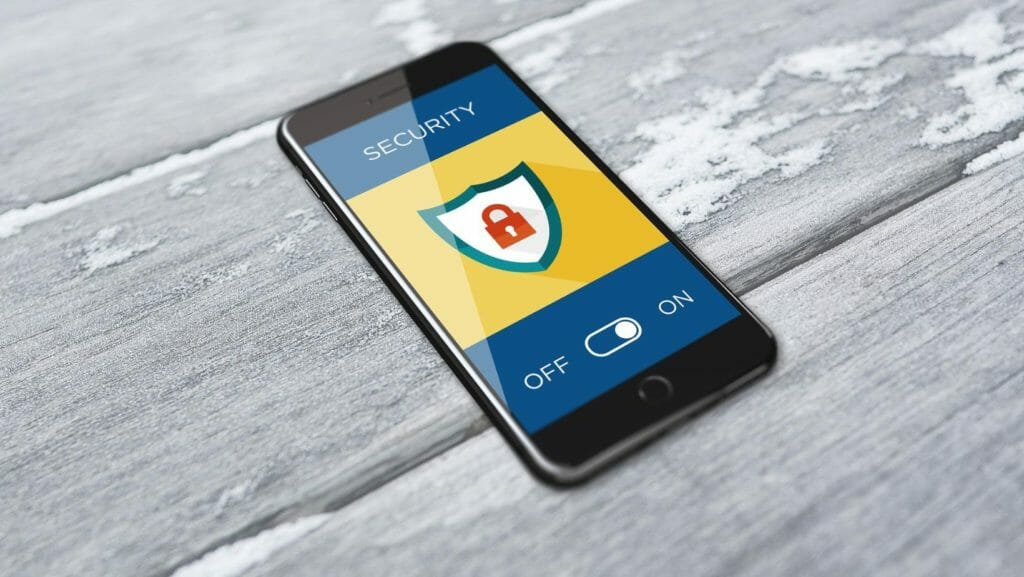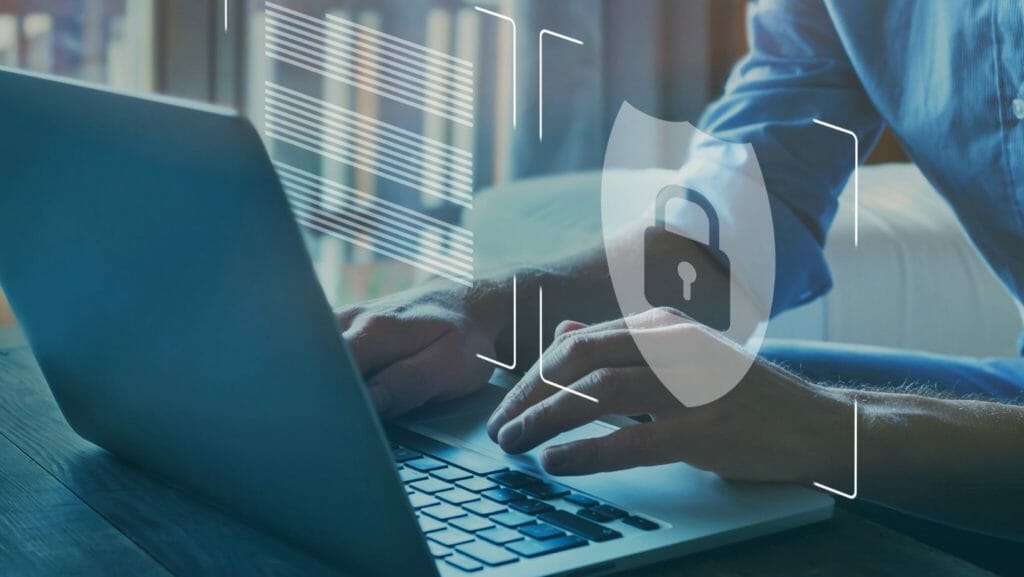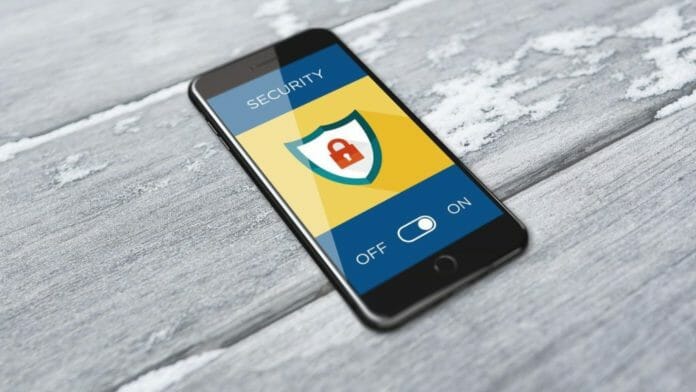Security is the utmost concern for any business. Unsecured devices can lead to data breaches, loss of confidential information, and even legal liabilities. You need to ensure that all devices in your business are secured. And if you have remote employees, you must ensure they can access and manage their devices securely. In this blog post, we’ll show you how you can securely access and manage any device.
1.Use a Remote Desktop Protocol (RDP)
A remote desktop protocol (RDP) is a secure way to access and manage any device from another device. RDP allows you to control the other device as if sitting in front of it. This can be helpful for business owners who need to access and manage multiple devices at once. RDP is also secure, meaning your data and passwords are protected.
Several RDP providers are available, and you can choose one that best meets your needs. The best provider for you will depend on factors such as the number of devices you need to access, the level of security you require, and the features you need.
You’ll need to set up an account with a remote desktop protocol provider to get started. Once you’ve done this, you can install the software on your devices and begin using it. It would help if you also learned how to get remote access to the devices you want to control. This can be done through several different methods, such as VPN or SSH.

2. Use a Virtual Private Network (VPN)
A virtual private network, or VPN, is a secure way to connect to your devices when you’re working remotely. It creates a private network connection over a public network like the internet. This protects your data and privacy by encrypting your traffic and hiding your IP address.
Several different VPN providers are available, and you can choose one that best meets your needs. It would help if you used a VPN which is a highly secure and reliable VPN service. It should have a strict no-logs policy, so your data is never tracked or monitored. And it should offer military-grade encryption to keep your data safe.
You’ll need to sign up for a VPN service and download the VPN software to get started. Once you’ve installed the software, launch the VPN and connect to a server in your country. Then, open your web browser and go to your business’s website. You should now be able to access and manage your devices securely.
3. Use Two-Factor Authentication (2FA)
Two-factor authentication, or 2FA, is an extra layer of security that requires a password and username and something only the user can access, such as a physical token or a biometric identifier.
When setting up 2FA, a user will usually need to input their password and a code sent to their phone or generated by an app. This means that even if someone were to steal your password, they would still need access to your physical device to gain entry to your account.
2FA is an important security measure for any online account, but it is especially important for business accounts that may contain sensitive data. By requiring two forms of authentication, businesses can be sure that only authorized users will be able to access their systems.
4. Use a Password Manager
A password manager is a software application that helps users create and manage passwords. Password managers also offer other features, such as form-fillers and one-click logins.
One of the main benefits of using a password manager is that it creates long, complex passwords that are difficult to guess. These passwords are unique to each site or service and are impossible to remember. A password manager stores all your passwords in a secure database, which can be accessed with a single master password.

Another advantage of using a password manager is that it can help you stay safe online. If you use the same password on multiple sites, a hacker who gains access to one of your accounts can also access all of your other accounts. A password manager creates unique passwords for each site, so if one is compromised, the others remain safe.
Finally, password managers make it easy to log in to your favorite websites. Instead of remembering multiple passwords, you can enter your master password, and the password manager will automatically fill in the correct information. This makes logging in faster and less error-prone.
5. Keep Your Software Up-To-Date
One of the easiest ways to improve security is to keep your software up-to-date. This includes your operating system, web browser, plugins, and applications. Most software developers release updates regularly that address security vulnerability.
In addition to security fixes, updates often include new features and performance improvements. So not only will you be more secure, but your software will also run better. Additionally, many organizations have a corporate policy in place that requires employees to keep their devices updated. If this is the case in your organization, ensure you adhere to the policy to avoid potential consequences.
You should enable automatic updates whenever possible, ensuring that your devices are always up-to-date. If you cannot enable automatic updates, be sure to check for updates frequently and install them as soon as they’re available.
6. Use a Firewall
A firewall is a software or hardware device that helps protect your network from unauthorized access. Firewalls can block incoming traffic, outgoing traffic, or both. They work by inspecting each packet of data that passes through the network and determining whether or not it should be allowed.
Using a personal computer, you can configure your firewall through your operating system’s settings. If you’re using a corporate network, your network administrator will likely have a firewall in place that you’ll need to use. Firewalls are an important part of any security strategy, but they’re not perfect. Hackers can sometimes find ways to bypass firewalls, so it’s important to use other security measures.
Following the tips above, you can help keep your devices and data safe from unauthorized access. While no security measure is perfect, using multiple layers of security will make it much more difficult for hackers to gain access to your systems. Taking a proactive approach to security can help protect your business from the potentially devastating consequences of a data breach.


